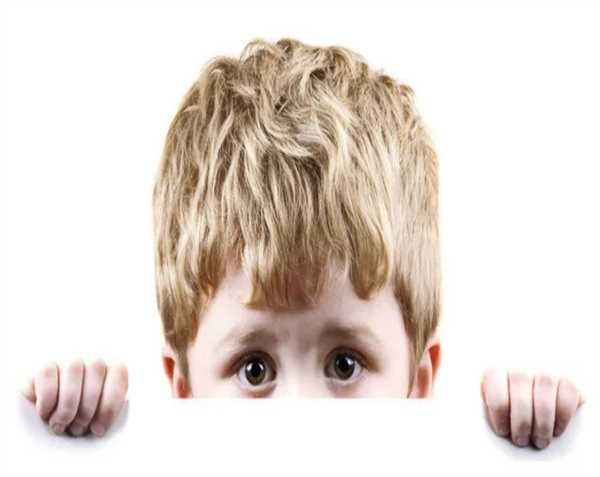Boys, like all individuals, face a wide range of issues and challenges. Some of the specific issues that boys may face include:
- Pressure to conform to traditional gender roles: Boys may feel pressure to conform to societal expectations of what it means to be 'masculine,' which can limit their ability to express themselves and their emotions freely. This pressure can be reinforced by messages from media, peers, and family members that boys should be strong, unemotional, and in control at all times. This can lead to boys feeling like they have to hide their feelings and vulnerabilities, leading to poor emotional regulation and potential mental health concerns.
- Lack of positive role models: Boys may struggle to find positive male role models in their lives, which can make it difficult for them to develop a healthy sense of self and self-esteem. The lack of positive male role models can be caused by a variety of factors such as single-parent households, a lack of healthy relationships, or a lack of community involvement. Without positive role models, boys may struggle to learn important life skills, build positive relationships, or develop a sense of purpose and direction in life.
- Academic pressure: Boys may face pressure to succeed academically, which can lead to stress and anxiety. This pressure may come from parents, teachers, or peers, and can lead to boys feeling like they have to achieve at all costs, even if it means sacrificing their mental and emotional well-being.

- Body image issues: Boys may struggle with body image issues, particularly as they go through puberty and their bodies change. Boys may feel pressure to conform to societal ideals of a 'perfect' body, which can lead to feelings of inadequacy and self-consciousness. Boys may also struggle with muscle dysmorphia, a condition in which a boy becomes preoccupied with his muscle size and shape, leading to excessive exercise or steroid use.
- Bullying: Boys may experience bullying at school or online, which can have a negative impact on their mental and emotional well-being. Boys may be bullied because of their physical appearance, socioeconomic status, race, sexual orientation, or other factors. Bullying can lead to feelings of isolation, low self-esteem, and depression.
- Mental health concerns: Boys may experience mental health concerns such as depression, anxiety, or behavioral issues, but often don't receive the same level of attention as girls, they may face barriers in seeking help or support. Boys may also have trouble expressing their emotions and may not recognize the signs of mental health concerns.
- Socioeconomic factors: Boys from low-income families, single-parent families, ethnic minority backgrounds and with disabilities are more likely to face additional issues such as lack of resources, discrimination, isolation, and lack of support. These factors can make it more difficult for boys to access education, healthcare, and other important resources, which can have a negative impact on their physical and emotional well-being. Boys from these backgrounds may also face discrimination and prejudice in society, which can lead to feelings of isolation and low self-esteem.
It's important to understand that these are some common issues that boys may face, but every boy is unique and may experience different issues and challenges. It's essential to create a supportive environment that allows boys to express themselves freely and to provide them with the resources and support they need to navigate these issues and build successful and healthy lives.